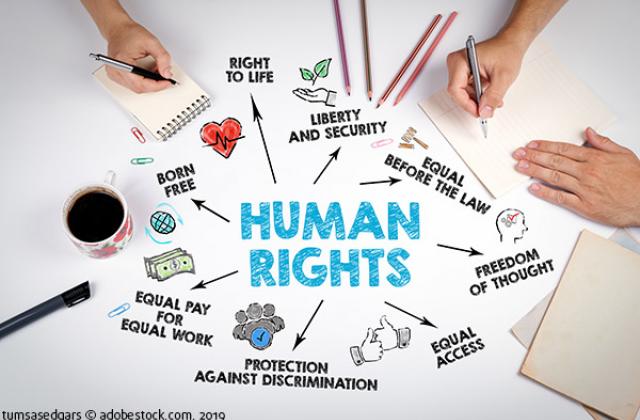Help us make the FRA website better for you!
Take part in a one-to-one session and help us improve the FRA website. It will take about 30 minutes of your time.
Data protection, privacy and new technologies
More of our everyday lives are online — both at work and home. Meanwhile, terror attacks intensify calls for more surveillance. Concerns grow over the safety of our privacy and personal data.
FRA helps lawmakers and practitioners protect your rights in a connected world.
Highlights
- VideoIn the Internet age, information travels faster and further than ever before. But so does disinformation, feeding off of rumours, prejudices and stereotypes. How do we push against it? Watch FRA manual on tackling disinformation using +INPUT – be positive, identify, narrate, pioneer, unite and track.
- Report / Paper / Summary18June2020This document presents data from the FRA Fundamental Rights Survey. It includes data on opinions and experiences of people in the European Union (EU) linked to data protection and technology.
- Handbook / Guide / Manual25May2018The rapid development of information technology has exacerbated the need for robust personal data protection, the right to which is safeguarded by both European Union (EU) and Council of Europe (CoE) instruments. Safeguarding this important right entails new and significant challenges as technological advances expand the frontiers of areas such as surveillance, communication interception and data storage. This handbook is designed to familiarise legal practitioners not specialised in data protection with this emerging area of the law.
- InfographicFundamental Rights Report 2019: 2018 was a landmark year for data protection. New EU rules took effect and complaints of breaches increased significantly.




























